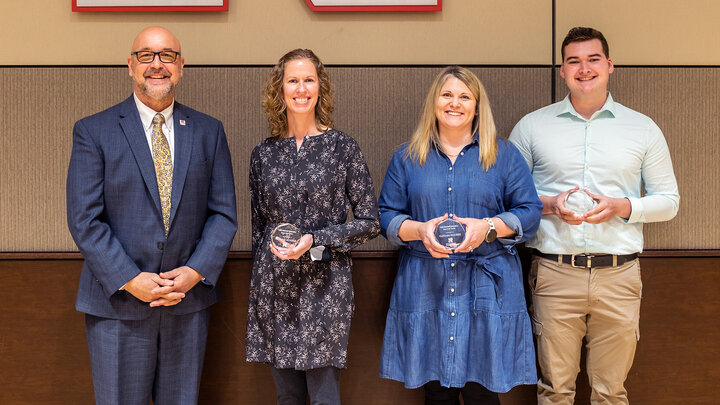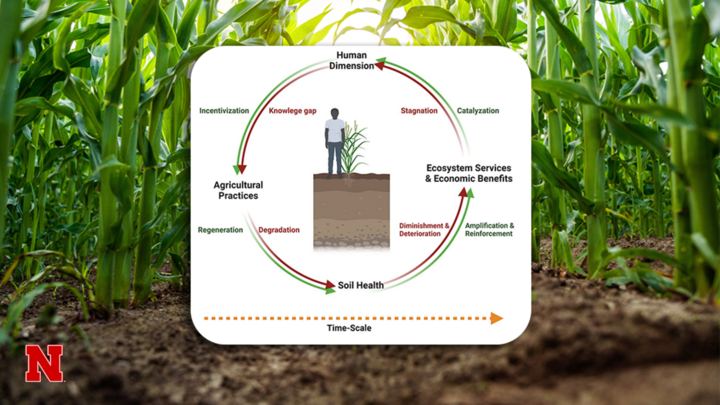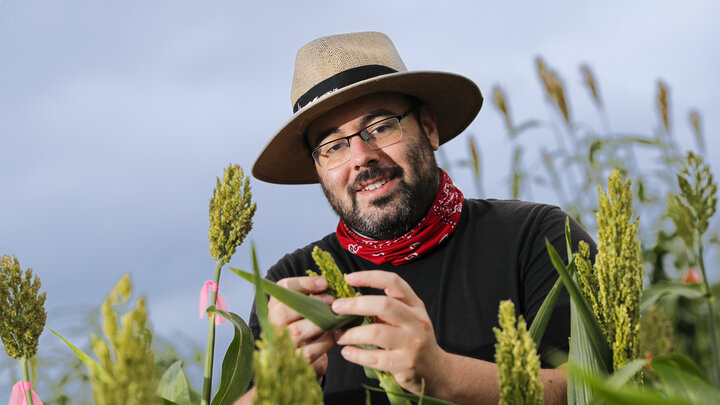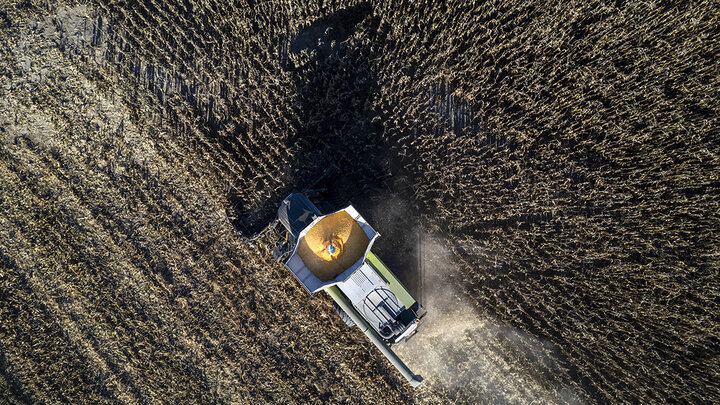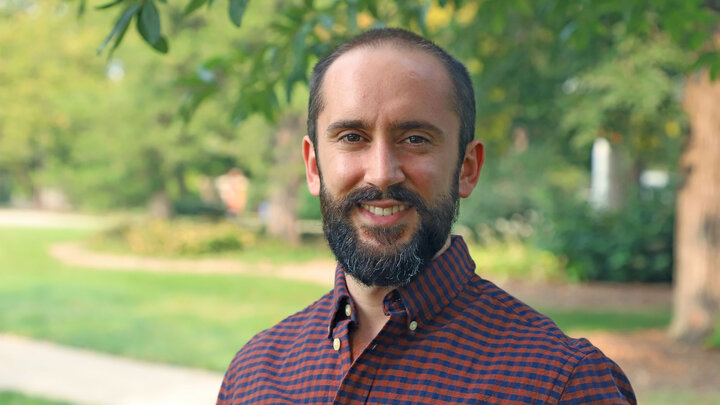The Cultivate ACCESS team was honored with the Omtvedt Innovation Team award during the Distinguished Fellowships and Awards Luncheon on Dec. 7 on East Campus. The University of Nebraska’s IANR, ARD and CASNR hosted the luncheon.
Cultivate ACCESS is a team of CASNR faculty, staff and students with a vision to support a thriving agricultural system that embraces and leverages diversity. The group includes Jennifer Keshwani, associate professor of biological systems engineering and science literacy specialist; Leah Sandall, associate professor of practice and online and distance education coordinator in agronomy and horticulture; Julie Bray-Obermeyer, director of career development and corporate relations in CASNR; Deepak Keshwani, associate professor of biological systems engineering; and Logan Newman, a graduate student in educational administration.
Their mission is to cultivate diversity by engaging youth, empowering change agents and elevating dialogue. In addition, Cultivate ACCESS is developing a new generation of agricultural leaders for life-long success through a community of practice for high school educators, leadership experiences for college students and virtual mentoring for high school students.
“Cultivate ACCESS is highly deserving of this award,” nominator David Jones, professor and department head of biological systems engineering, said. “They continue to use innovative ways to connect with Nebraskans on issues of diversity and inclusion that impact agriculture.”
Cultivate ACCESS has impacted educators and scholars from over 20 communities across Nebraska.
It began with seed funding from the United States Department of Agriculture to increase the participation of underrepresented people in STEM-related agricultural careers and from rural towns in Nebraska. The team uses a multi-dimensional mentoring approach using virtual and face-to-face interactions that engage high school students, career professionals, high school educators and college students combined.
The team has also provided professional development webinars related to diversity in agriculture geared toward K-12 and post-secondary educators. To date, over 50 educators have participated in these webinars. These professional development sessions have helped participants understand the importance of increasing diversity in the agricultural industry, explore issues of implicit bias, and identify concrete individual actions to create an inclusive learning environment.
The Cultivate ACCESS team has expanded the scope of their work through funding from a private foundation to launch a K-12 Educators Diversity Fellows Program to identify and equip high school teachers as champions for diversity and inclusion in rural schools across Nebraska.
The team has led webinars and provided forums for the IANR community and, in 2020, expanded the program to Rwanda. The third cohort of Rwanda Institute for Conservation Agriculture Ambassadors has just started recruiting. They will mentor local high school students and gain leadership skills.
“It’s exciting to see the connections made between the undergraduate ambassadors and high school scholars,” Sandall said. “And it’s rewarding to watch the expansion of the program provide a path for exploration and engagement among high school students and teachers in discussions of DEI and career options in agricultural STEM areas.”
